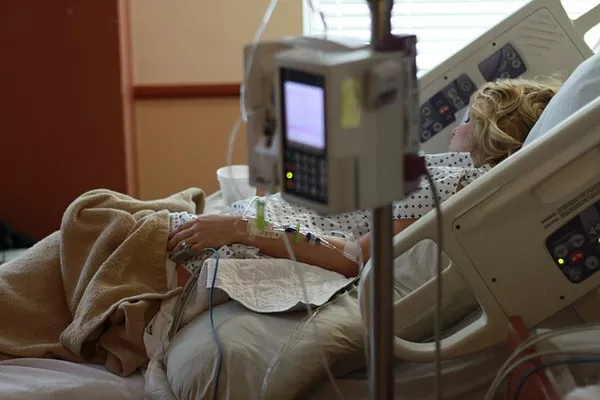The recent arrests of two executives from the telehealth company Done Global have prompted a significant concern regarding the availability of stimulant medications used to treat ADHD (Attention-Deficit Hyperactivity Disorder) across the United States. The US Centers for Disease Control and Prevention (CDC) issued a health advisory warning about potential disruptions in access to care for individuals reliant on prescription stimulant medications, which could lead to increased risks of injury and overdose.
The CDC advisory highlighted that as many as 30,000 to 50,000 patients, primarily adults, could be affected nationwide due to the legal actions against Done Global executives. The company, known for its telehealth services aimed at improving access to psychiatric chronic care management, faces allegations of orchestrating a scheme to distribute stimulants like Adderall through fraudulent means, generating over $100 million in revenue.
Founder and CEO Ruthia He and clinical president David Brody were arrested on charges including health-care fraud and illegal distribution of controlled substances. The Justice Department’s indictment accuses them of exploiting the COVID-19 pandemic to unlawfully prescribe stimulants, disregarding medical necessity.
The impact of these arrests on patients remains uncertain, although the CDC emphasized the potential dangers of patients seeking medication from unregulated sources due to disrupted access. This scenario could significantly heighten the risk of accidental overdoses, especially given the prevalence of counterfeit pills containing substances like fentanyl in the illegal drug market.
In response to these developments, health officials urge affected patients to avoid obtaining medication from unauthorized sources and underscore the importance of receiving treatment through licensed clinicians and pharmacies. They also stress the critical need for healthcare providers to offer support, overdose prevention education, and mental health services to individuals experiencing disruptions in ADHD medication access.
The arrests represent a landmark case for the Justice Department, marking its first criminal prosecution related to telemedicine drug distribution through a digital health company. If convicted, He and Brody face substantial prison sentences, reflecting the severity of the alleged offenses amid growing concerns over public health and safety.
The CDC advisory additionally underscored the broader implications of untreated ADHD, including increased risks of social and emotional impairment, substance use disorders, accidents, and suicide. As telemedicine continues to expand as a healthcare delivery method, regulatory authorities reaffirm their commitment to combating fraudulent practices that endanger patient welfare and undermine trust in digital health technologies.
Related topics:
- Can Women Take Centrum for Men? A Comprehensive Guide
- What to Eat and Drink for Enlarged Prostate: A Comprehensive Guide
- AHA Video Highlights IU Health’s Initiative to Address Health Disparities at Local Barbershops


